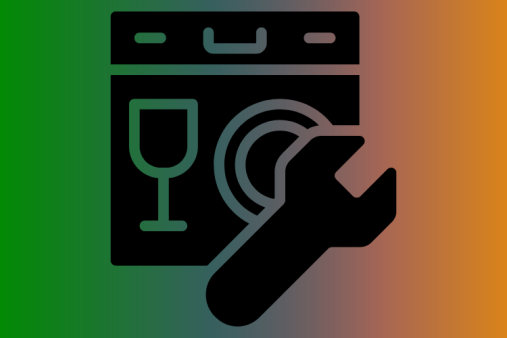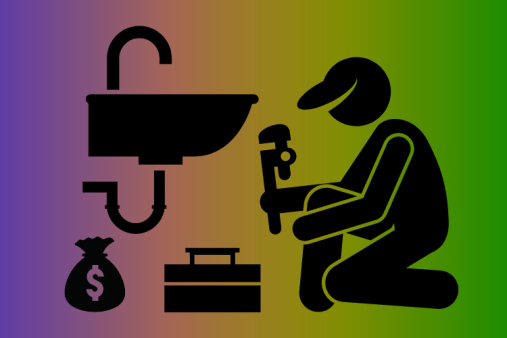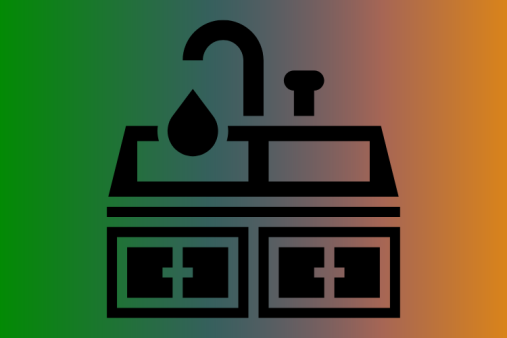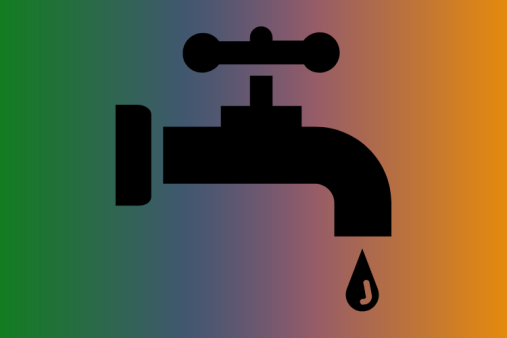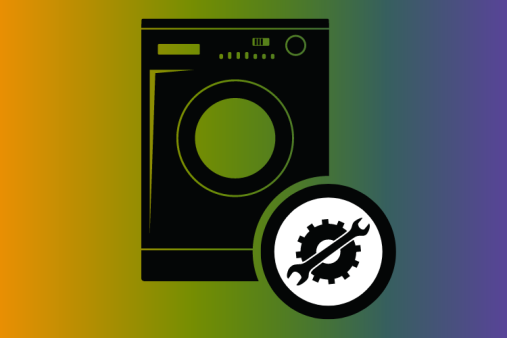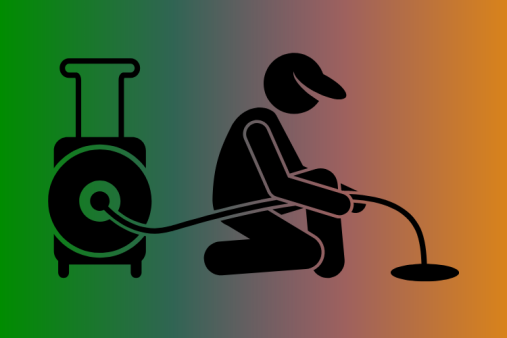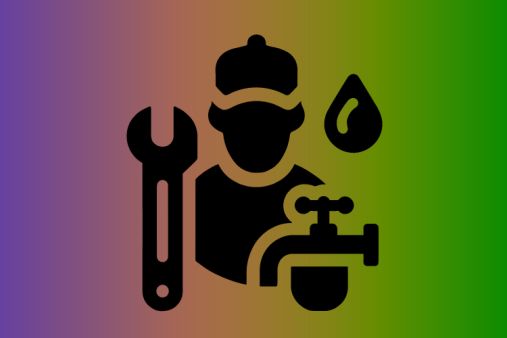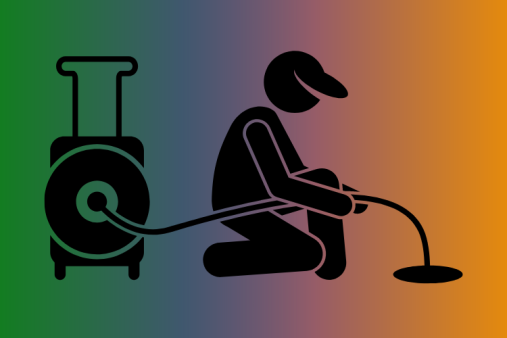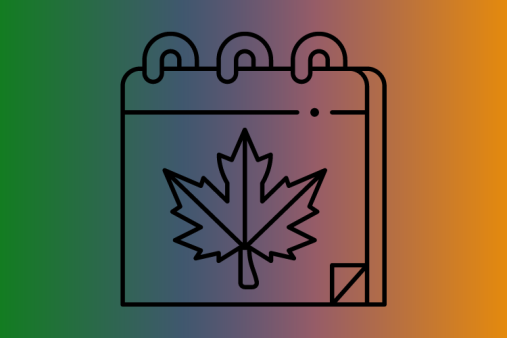Dealing with a blocked drain outside your home in the UK can be a real hassle and a downright nuisance. It's not just about the bad smell and the water draining too slowly, but if you ignore it, it could end up causing some major damage to your property and the area around it. In this article, we'll discuss why drains get blocked, what you can do as a homeowner in the UK to fix the problem, and when these issues are most likely to pop up.
Common Reasons Why Drains Outside Your House get Clogged
To fix a blocked drain, it's important to know what's causing it. Here are some common reasons why outdoor drains become blocked:
-
Debris Build-Up - Leaves, twigs, and dirt can accumulate in outdoor drains, especially during autumn.
-
FOG Build-U - Cooking fats, oils, and grease can solidify in drains, causing blockages.
-
Flushing Non-Flushable Items - Wet wipes, sanitary products, and nappies can clog drains when flushed down the toilet.
-
Tree Roots - Roots seek out water sources and can invade drainpipes, causing blockages and damage.
-
Damaged Pipes - Drainpipes can crack or collapse over time, restricting water flow. 6. Heavy Rain: Sudden heavy rainfall can overwhelm drains with water and debris.
-
Heavy Rain - Sudden heavy rainfall can overwhelm drains with water and debris.
Steps to Take if You Have a Blocked Drain Outside
If you think there's a blockage in your outdoor drain, there are a few things you can do to try and fix the problem.
- Find the Blockage - Look for the blocked drain in your garden, driveway, or near your property. Signs of a blockage include water collecting around the drain cover, slow-draining sinks or toilets, and bad smells.
- Check for Debris - Put on some gloves and lift the drain cover. See if there's anything obvious like leaves, dirt, or other things blocking the drain.
- Use a Drain Rod - Drain rods can be bought at DIY or hardware stores and are handy for clearing blockages. Put the rod into the drain and turn it to remove the blockage.
- Flush the Drain - Once you've cleared the blockage, flush the drain with a hose or buckets of water to make sure it's flowing properly. Get Help if Needed If the blockage doesn't go away or if you think the pipes might be damaged,
- Call a Professional Drainage Company - it's a good idea to call a professional drainage company if the drain problem is big or you simply cannot find the cause of the clogged drain. They have special equipment like CCTV cameras to check the pipes and high-pressure jetting tools to clear tough blockages.
Preventative Measures to Avoid Future Blockages
Preventing outdoor drain blockages is often easier and more cost-effective than dealing with them after they occur. Here are some practical tips:
-
Install Drain Covers Mesh drain covers can prevent leaves, twigs, and other debris from entering your drains.
-
Dispose of FOG Properly Avoid pouring fat, oil, and grease down your sink. Instead, collect them in a container and dispose of them in your household waste.
-
Educate Household Members Make sure everyone in your household knows not to flush non-flushable items down the toilet.
-
Regular Maintenance Schedule regular inspections and cleaning of your outdoor drains, especially during high-risk seasons such as autumn and winter.
-
Trim Trees Near Drainpipes Regularly prune trees and bushes near your drains to minimise the risk of roots invading your pipes.
-
Monitor Rainwater Drainage Ensure that gutters and downpipes are clear and functioning properly to prevent rainwater from overwhelming your drains.
When Are Outdoor Drains Most Likely to Get Blocked?
Outdoor drain blockages can occur at any time of year, but certain periods pose a higher risk:
-
Autumn The shedding of leaves during autumn is one of the primary causes of blocked outdoor drains. Heavy leaf fall can clog drains quickly, especially after windy days or storms.
-
Winter Fat, oil, and grease solidify faster in colder temperatures, making blockages more likely during the winter months. Heavy rainfall and snowmelt can also overwhelm drains.
-
Early Spring Spring showers, combined with leftover debris from winter, can exacerbate drainage problems.
-
After Prolonged Dry Spells During dry spells, debris such as dirt and small stones can accumulate in drains. When the rain eventually comes, this debris can be washed down and cause blockages.
Who Is Responsible for Clearing Blocked Drains?
In the UK, responsibility for clearing blocked drains depends on their location:
-
Private Drains Drains within the boundary of your property are typically the homeowner’s responsibility.
-
Public Drains and Sewers If the blockage occurs in a drain shared with other properties or outside your property boundary, it’s likely the responsibility of your local water company. Contact your water provider for assistance.
Legal and Environmental Considerations
Blocked drains can have legal and environmental implications. Failing to address a blocked drain promptly may result in:
-
Fines: Homeowners can face fines if blocked drains lead to environmental damage or health hazards.
-
Property Damage: Untreated blockages can cause water to back up, potentially leading to flooding and structural damage.
-
Pollution: Blocked drains can overflow into local watercourses, causing environmental harm.
To avoid these consequences, it’s essential to act quickly and responsibly when dealing with a blocked drain.
Conclusion
Blocked drains outside the home can be an inconvenience, but they are manageable with the right approach. By understanding the common causes, taking swift action to address the problem, and implementing preventative measures, UK homeowners can keep their drainage systems in good working order. Remember to stay vigilant during high-risk periods like autumn and winter, and don’t hesitate to seek professional help if needed. A little maintenance and care can go a long way in ensuring your drains remain clear and functional year-round.
